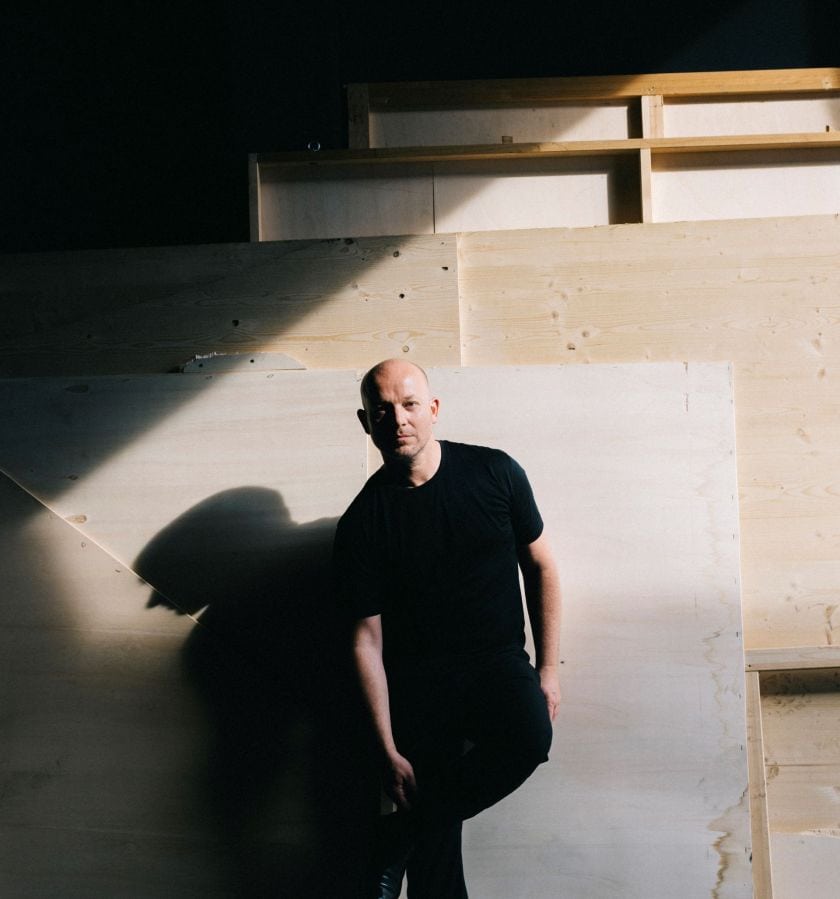Nathan der Weise
Nathan der Weise (Nathan the Wise)

Director Ulrich Rasche, famous for his formal choral stagings, will direct Lessing’s Nathan der Weise (Nathan the Wise) this summer, a central work of enlightenment focusing on tolerance and different concepts of identity. In conversation with Bettina Hering, he explains his thoughts about this dramatic poem.
The piece is built around the so-called ring parable, which outlines how the three monotheistic religions can treat each other with tolerance. This central notion of tolerance is characteristic for the entire evening. There is, however, also a story of family relations. At the end of the piece, it turns out that all the figures which seemed antagonistic in the beginning are actually related and bound up in one family. The Templar and Recha, for example, could not be together, because he rejected the girl for reasons of faith and was unable to establish a love relationship. In the end, we learn that they are brother and sister. In other words, we understand how different figures and concepts of identity come together. Ultimately, this is about the conciliation of humankind.
One interesting aspect is that the assignment of identities which took place at the outset of the play cannot be maintained – they dissolve or change, or simply no longer apply. They are exposed as social constructs, bypassing reality and leading to discrimination, antisemitism, exclusion. I believe that we live in a world in which boundaries, and therefore exclusion, are still essential for our relationships with others. And of course exclusion works via religion, even if religion no longer plays the same role as during the crusades of the 12th century, the period in which the play is set. Indeed, it is worthwhile considering religion and the exclusion, boundaries, construction of identities it entails, for religions determine ways of life, notions of cohabitation, marriage, love relationships, sibling relations. We are confronted with these different ways of life when people from other cultural backgrounds arrive in our midst. We must learn to live with their religion, their ways of life, even if they seem foreign and strange to us. Getting to know them, accepting what is foreign, tolerating it – this still seems worth discussing to me today.
Thus, performing Nathan der Weise (Nathan the Wise) today means re-examining the notion of tolerance. Can we achieve anything today through Lessing’s thoughts? Can we tell a story through them? I believe that this story requires a diverse group of people, and that is why we have invited very different people to take part in this production.
Ulrich Rasche • Regisseur
Translation: Alexa Nieschlag
First published in the Festival insert of Salzburger Nachrichten
